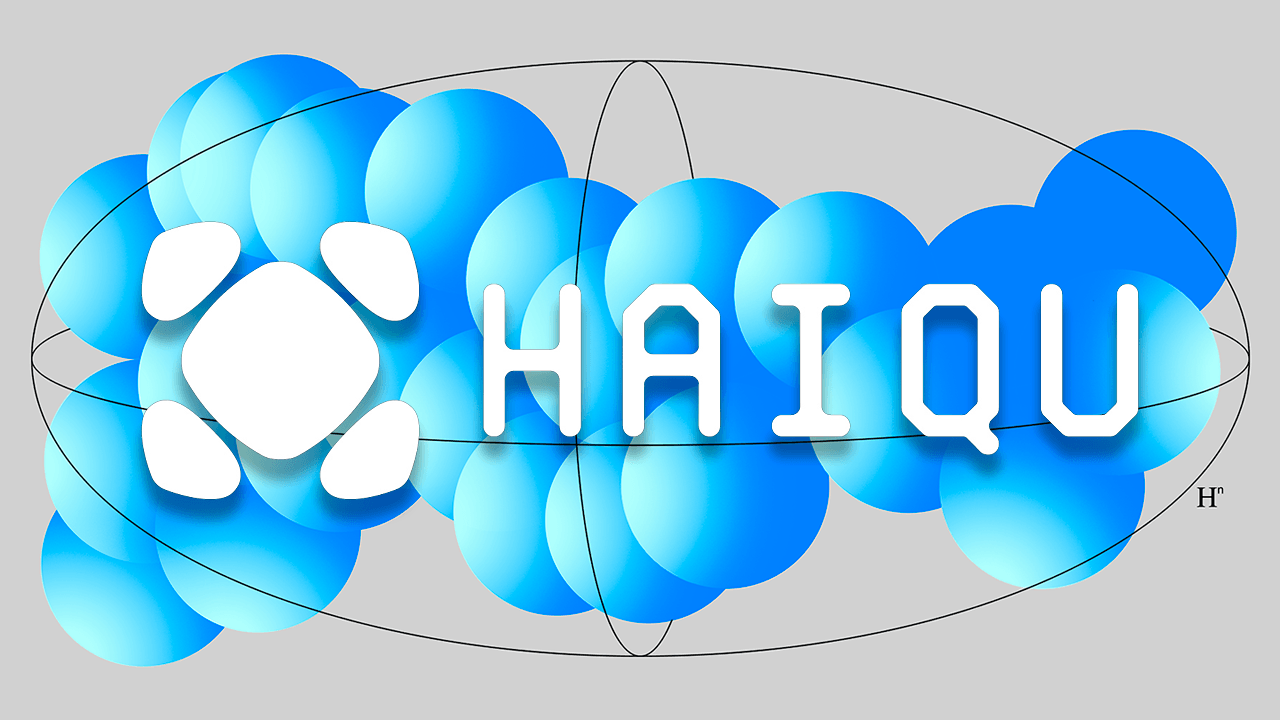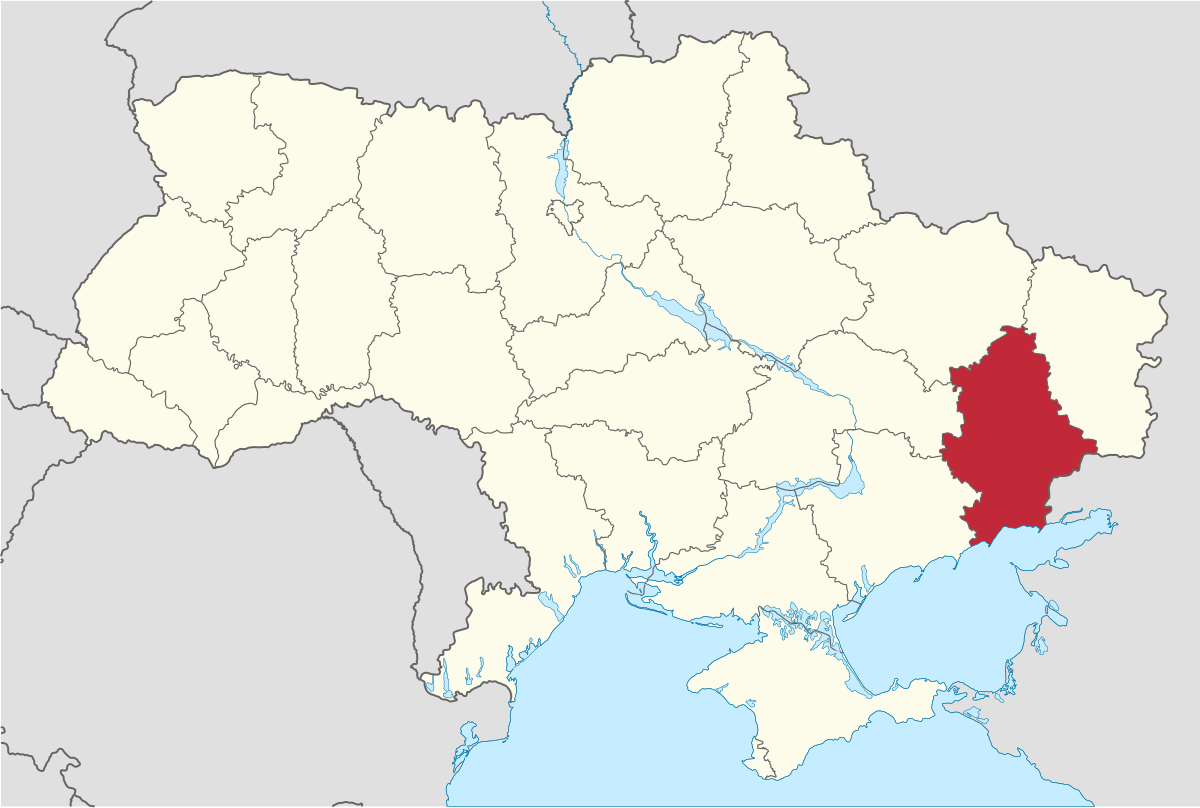The American-Ukrainian startup Haiqu, which develops quantum software, has for the first time demonstrated the ability of quantum computers to work with high-dimensional data typical for real-world tasks and used this to improve anomaly detection algorithms.
This was reported to European Pravda by Haiqu.
The experiments were conducted on the latest-generation IBM Heron quantum processor. The team applied a new quantum data loading method (efficiently "packing" hundreds and thousands of features into a limited number of qubits) and was able to load over 500 features into 128-qubit circuits (a "quantum bit" is the smallest unit of information in a quantum computer).
This is significantly more than previous demonstrations and, for the first time, provided a practical improvement in anomaly detection algorithms on a real quantum device. Why is this important?
In practice, data is often too complex and "noisy" for classical algorithms. Quantum computers allow these data to be represented differently so that patterns and anomalies become more apparent. However, until now, such data processing was limited or impossible due to the small number of qubits and the number of operations available on quantum processor models.
“Modern quantum computers, while not perfect, are already approaching practical applications. Thanks to our approach, quantum algorithms operate on much larger scales, where quantum data processing begins to provide an advantage, which we demonstrated on an anomaly detection task,” said Haiqu co-founder and CTO Mykola Maksymenko.
The new technology opens the possibility for practical application of quantum computing for data analysis in finance, energy, healthcare, and other sectors.
“The ability to represent high-dimensional data with hundreds or even thousands of features opens the path to developing applications of a new scale, which the Haiqu team experimentally demonstrated on our hardware. Results like this push the industry forward toward achieving quantum advantage in the near future,” said IBM Research Director Jay Gambetta.
Anomaly detection tasks are critically important: from detecting fraud in financial transactions and unusual market behavior to deviations in patient indicators, industrial sensor operations, or unusual weather patterns. Even a small improvement in accuracy here can have a significant impact across entire industries.
The experiment indicates the potential for quantum advantage in data processing. Although this specific example was limited by the need to verify results on a classical computer, the data processing time on quantum hardware was shorter than the time for an equivalent classical simulation. At the same time, the method already allows for creating representations that are difficult or impossible to reproduce on classical computers.
Moving forward, Haiqu plans to expand research to more complex data and a broader range of tasks. The startup has also begun accepting applications for participation in beta testing the technology for other types of typical datasets.






















